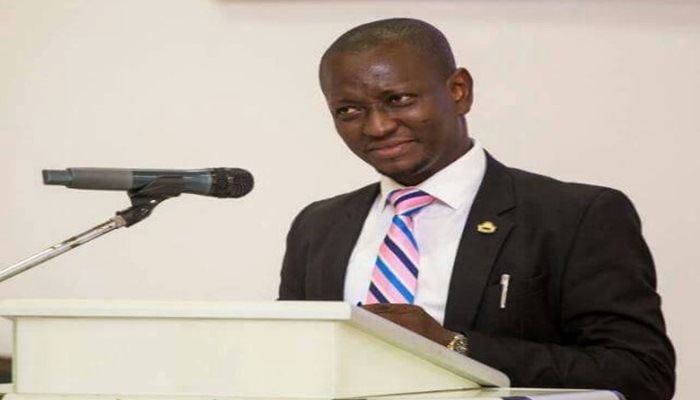Deputy Attorney-General and Minister of Justice, Alfred Tuah-Yeboah has vehemently disagreed with recent comments made by a former Justice of the Supreme Court, William Atuguba over the appointment of judges in the country.
Mr. Tuah-Yeboah argued that the appointment of judges is one of the most rigorous appointment processes in the country, and it is not true that people can be appointed as judges based on inconsiderate factors.
“When it comes to the independence of the judiciary, according to our constitutional architecture, the judiciary is an independent body, albeit manned by people just like you and I. But when it comes to the appointment of judges, we all know that it goes through a rigorous process. So even if you are politically aligned, and you get appointed, the fact that you are going through that process means that at the end of the day, you will either be declared or not declared fit to serve.”
Speaking at a public lecture themed “Protecting Our Democracy: The Role of the Judiciary,” Justice Atuguba highlighted the importance of vesting the appointment of judges and other government appointees in independent bodies.
He insisted that the appointment of judges must be based on merit rather than factors such as protocol, cronyism, ethnicity, or improper considerations.
But Tuah-Yeboah on The Big Issue on Citi FM and Citi TV insisted that the Judicial Council, which is the appointing authority of judges, is made up of people and members of bodies that are very difficult to manipulate to have a nominee passed.
“When it comes to the financial independence of the judiciary, that is where perhaps a case may delay, that when it comes to finances, the judiciary is not independent, and that is something we may want to look at. But on the appointment of judges, if you go to the Judicial Council, especially when it comes to the Court of Appeal and the Supreme Court, you will realize that the Council is made up of eminent men and women, some of whom are representing institutions, and they are not sent there based on their political leanings.”
“The current architecture is proper, and I endorse it because when it comes to appointments in the judiciary, it has always been a tripartite engagement where you have the Bar, the Executive, and the Judiciary. I think that is the right framework to be had. But if we think there is a need for us to look at it further, I will not close it entirely. But from what I see, I think the constitutional framework we have now should stay.”
Source: citinewsroom

